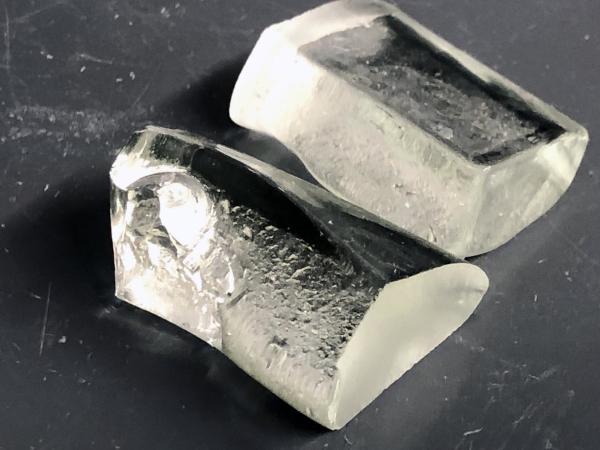AGC and E.ON Join Forces for Carbon-Free Glass Production
Facing the urgent need for industrial decarbonization, the glass industry is also taking steps to enhance efficiency and reduce CO2 emissions. In line with this objective, energy company E.ON and glass producer AGC have intensified their collaboration. A joint project to harness waste heat and generate renewable energy has been initiated at AGC’s float glass plant in Seingbouse, France.
Development of Waste Heat Recovery
E.ON will oversee the development, implementation, financing, and operation of this groundbreaking project. Since the partnership’s inauguration in 2019, E.ON and AGC Glass Europe have jointly pursued energy efficiency initiatives across several European countries. Additionally, the construction of photovoltaic plants with capacities of up to 20 megawatts (MW) is being explored in Hungary and the Czech Republic.
Tapping into Residual Heat
Residual heat represents a significant untapped energy source on a global scale, with approximately half of the heat used in industries going to waste. In the glass industry, around 30% of the heat required for production is lost through combustion gases. E.ON and AGC Glass Europe have taken action to address this issue.
At AGC’s Seingbouse plant, the residual energy will be utilized to produce carbon-free electricity through a 1.3 MW organic Rankine cycle (ORC) power plant. Concurrently, E.ON will install a 2.7 MW photovoltaic plant covering a total area of 27,000 square meters on-site. This installation will generate renewable electricity.
Reducing Energy Dependence
By combining the energy generated by the ORC power plant and the photovoltaic plant, E.ON will provide AGC with approximately 10 GWh of decarbonized electricity each year, starting from 2023. This production will meet a significant portion of AGC’s energy needs, allowing for a reduced dependence on traditional energy markets. The project is expected to prevent the emission of approximately 595 tons of CO2 annually.
This initiative is structured around a long-term Power Purchase Agreement (PPA) where E.ON will produce and sell electricity to AGC at a fixed price. This mechanism provides AGC with protection against energy price volatility. Moreover, AGC will not need to invest in the project, as it is financed by E.ON and supported by the “France Relance” plan of ADEME.
Joint Commitment to Sustainability
Marc Bartheld, Plant Manager at AGC Seingbouse, states, “Our plant is one of AGC’s largest production lines for the building sector, with an annual production of 240,000 tons of float glass. Our goal is to reduce greenhouse gas emissions by 30% and energy consumption by 20% by 2030. To achieve this, we continuously strive to improve the environmental performance of our production sites. The Seingbouse project here in France is a perfect example of how E.ON can help us not only achieve our sustainability objectives but also ensure the long-term competitiveness of the site.”
Guenther Schneider, President of E.ON France, adds, “In addition to decarbonization, supply security and independence from volatile raw material prices are becoming increasingly crucial for our industrial customers in the current market context. These objectives can be achieved by combining energy efficiency measures with the reuse of waste heat and local production of green energy. With its international presence, E.ON can effectively assist AGC in implementing this sustainable development strategy across all its European sites.”
Source: AGC Glass Europe with additional information added by GlassBalkan







